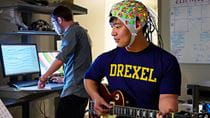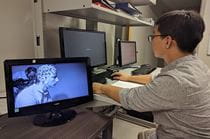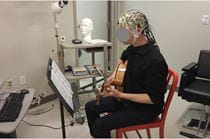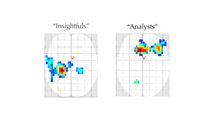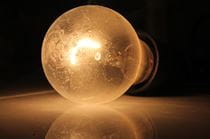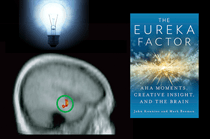John Kounios, PhD

John Kounios is a professor in the Department of Psychological and Brain Sciences in the College of Arts and Sciences who studies cognitive neuroscience. The main focus of his research is the neural basis of creativity, insight and problem solving. He specializes in high-density electroencephalogram (EEG) recording of brain activity and other behavioral neuroimaging methods, such as fMRI.
In his book, "The Eureka Factor,” Kounios and his co-author explore how “aha” moments arise, when we need them and what the scientific research says about stimulating more of them. The authors discuss how various conditions affect the likelihood of your having a sudden creative insight, when methodical thought is more helpful and how the brain’s right hemisphere contributes to creative thought.
Contact
215.553.7105 jk342@drexel.eduIn The News
Drexel News is produced by
University Marketing and Communications.


